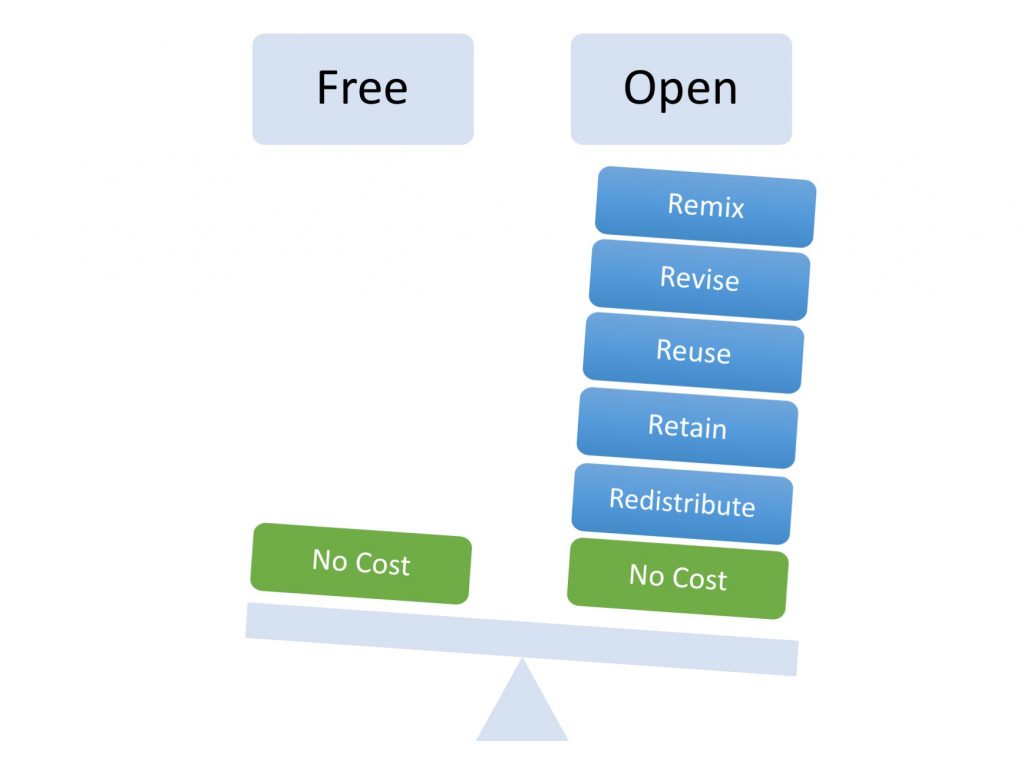By Jordan Chila | Editor-in-Chief

Open educational resources (OER) are available for use at MWCC. An initiative has been put into place to locate, redeem, and output these supplies. These resources are a compilation of material that students and faculty can acquire to use in their classrooms. OERs were developed to aid in the financial struggles students may face when securing resources for their education, such as textbooks. MWCC wants students to know that they can access these resources and that many faculty members have already started utilizing them in their curricula.
On average, an OER can take up to three years to generate a textbook, and Kim Colangelo, director of learning design and technology, works with faculty to see this through. MWCC held its first “OER Summer Institute” in July 2024 and will meet again in July 2025. Colangelo gave insight into just how much OERs have affected MWCC throughout the courses offered. “As of fall 2024, 24 faculty members were using OERs in 53 courses. Of the 53, eight were low-cost, and 45 were free,” Colangelo said.
Some people may ask what an OER is. Colangelo clarified: “OERs are teaching, learning, and research digital materials that are freely available for everyone to use, adapt, and share.” According to Colangelo, these resources are licensed to give students and faculty permission to access and modify them freely.
Working alongside Colangelo is Rebecca Schmidt, electronic resources, instruction, and research librarian. Schmidt pointed out the most commonly used OER licenses are Creative Commons licenses. “OER Commons is one of the most popular public digital libraries of OER and is a great first place to start searching,” Schmidt said. She also shared links on how to learn about OERs (https://library.mwcc.edu/oer), as well as where to find them (https://library.mwcc.edu/oer/find-oer). Schmidt encouraged both students and faculty to meet with her to find OERs that will work best with their course needs.
The initiative started to aid MWCC students who may not have the financial access to some course materials. “Those dealing with economic hardships often prioritize essential needs like housing, food, and transportation over a $200-plus textbook, which can lead to attempting courses without the required materials—a strategy that rarely leads to success,” Colangelo said.
When reaching out to students for feedback regarding OERs, Alex Gormley, a liberal arts major, said, “If I can get the information I need without spending hundreds of dollars, I will.”
Gormley is supported by Ozzy Nordstrom-Learnard, a dual enrollment student who said, “I think it would take the stress out of classes, and students would have more room in their minds to focus on learning.”
Benjamin Heffner, another dual enrollment student, was open to the use of OERs but also feels that each individual professor should choose if they want to use OERs. “Each professor knows what works best for the course and for their students,” Heffner said.
The initiative to gain OERs for students and faculty will continue. Colangelo is currently working with Ralph Hogan from the Development Office on obtaining more funding to assist with continuing this endeavor. OERs lend a helping hand in giving both students and faculty a choice for obtaining educational material.
Comments are closed.